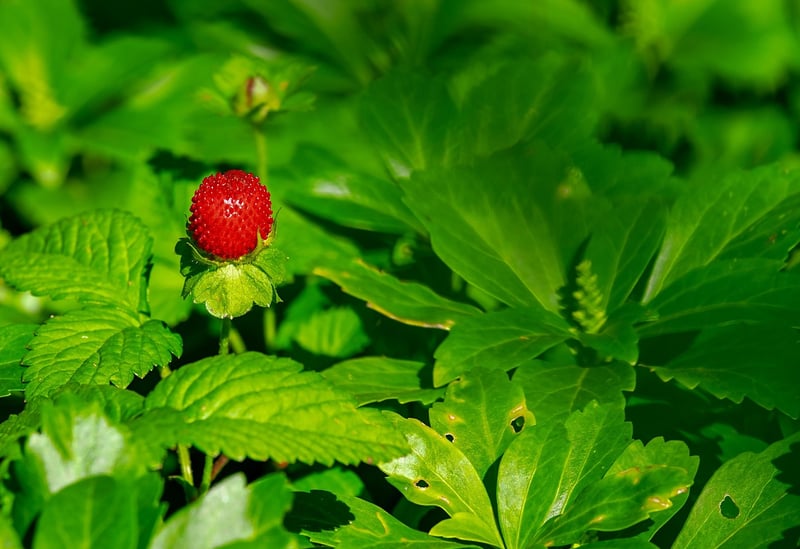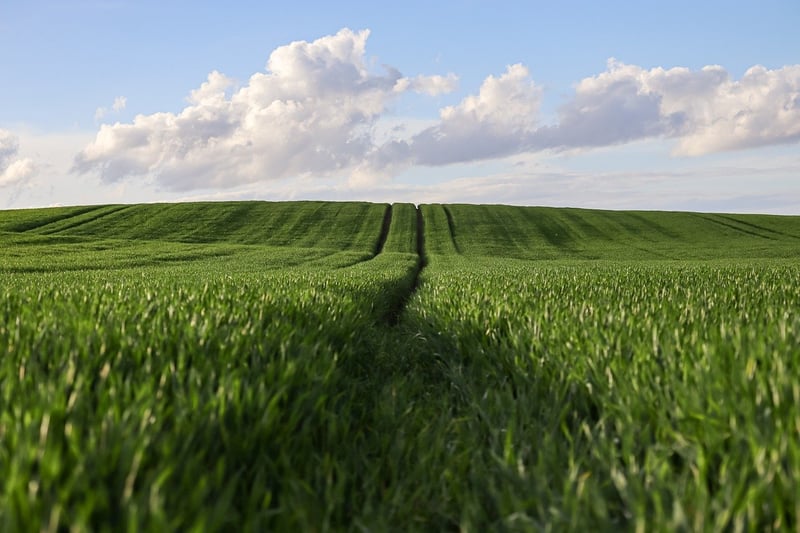Troubleshooting
Connecting with Other Gardeners and Troubleshooting Common Issues
Introduction
Welcome to our guide on connecting with other gardeners and troubleshooting common issues. Gardening is a rewarding and fulfilling hobby, but it can sometimes come with challenges. By connecting with fellow gardeners and learning how to troubleshoot common problems, you can enhance your gardening experience and ensure a thriving garden.
Connect with Other Gardeners
One of the best ways to improve your gardening skills and knowledge is by connecting with other gardeners. Here are some ways to do so:
Join Gardening Communities
Online gardening communities are a great place to connect with like-minded individuals, share tips and advice, and seek help when needed. Websites like Gardeners' World Forum and National Gardening Association offer forums where you can ask questions and engage with other gardeners.
Attend Gardening Events
Local gardening events, workshops, and plant swaps are excellent opportunities to meet fellow gardeners in your area. Check community boards, botanical gardens, and nurseries for upcoming events where you can connect with others who share your passion for gardening.
Visit Community Gardens
Community gardens are not only great places to grow your own plants but also to meet and learn from other gardeners. Spending time at a community garden allows you to observe different gardening techniques, exchange seeds or plants, and build relationships with experienced gardeners.
Troubleshooting Common Issues
Despite your best efforts, garden problems can arise. Here are some common gardening issues and how to troubleshoot them:
Pest Infestations
Common garden pests like aphids, slugs, and caterpillars can wreak havoc on your plants. To combat pest infestations, consider using natural remedies like neem oil, diatomaceous earth, or introducing beneficial insects like ladybugs.
Plant Diseases
If your plants show signs of disease such as wilting, discoloration, or unusual spots, act promptly to prevent the spread. Remove and dispose of affected plants, avoid overhead watering, and practice crop rotation to reduce the risk of plant diseases in the future.
Soil Issues
Healthy soil is essential for thriving plants. Test your soil regularly for pH levels and nutrient deficiencies. Amend the soil with organic matter like compost or aged manure to improve its structure and fertility.
Conclusion
Connecting with other gardeners and learning how to troubleshoot common garden issues are key aspects of becoming a successful gardener. By building a network of fellow gardening enthusiasts and staying informed on problem-solving techniques, you can enjoy a bountiful and beautiful garden all year round.


